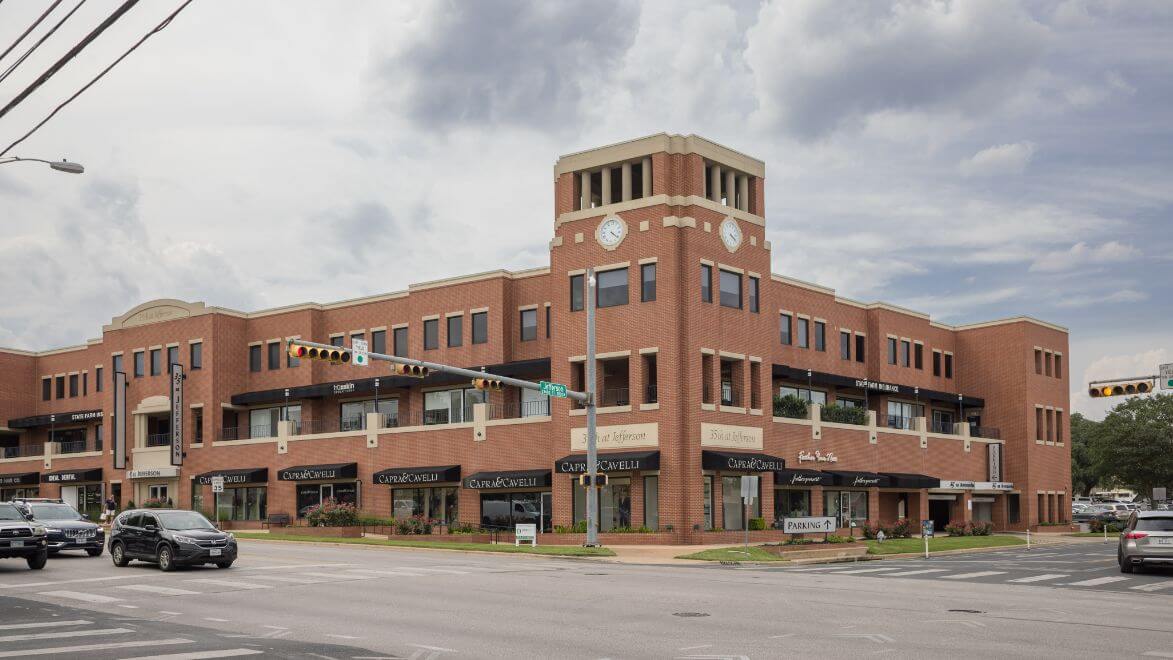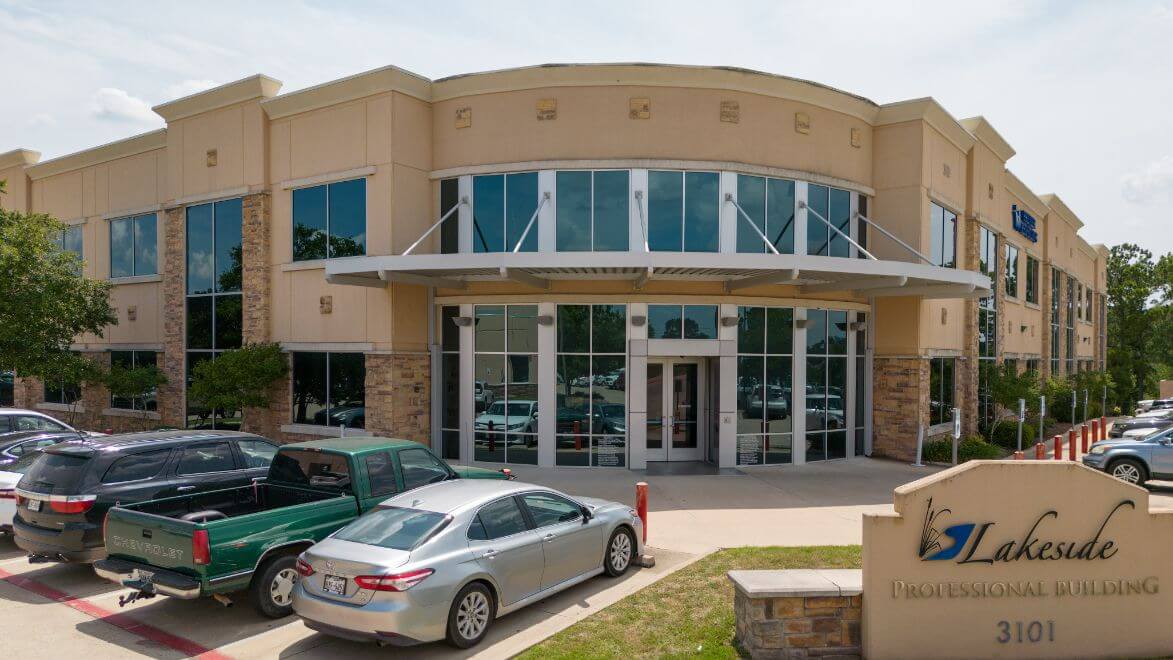Understanding and Treating Different Types of Acne
Treating Different Forms of Acne
 Acne is a condition that affects the skin of millions of people worldwide, but not all acne is the same. Understanding the various types of acne and the best ways to treat them effectively can make a significant difference in managing this often frustrating condition. In this guide, we will go over various types of acne, including hormonal, cystic, and fungal, and discuss the most effective acne treatment options available today.
Acne is a condition that affects the skin of millions of people worldwide, but not all acne is the same. Understanding the various types of acne and the best ways to treat them effectively can make a significant difference in managing this often frustrating condition. In this guide, we will go over various types of acne, including hormonal, cystic, and fungal, and discuss the most effective acne treatment options available today.
Types of Acne Explained
1. Hormonal Acne
Hormonal acne is caused by changes in hormones, which is why it often appears during puberty, menstrual cycles, pregnancy, and menopause. It is typically characterized by deep, painful cysts and nodules around the jawline, chin, and neck.
2. Cystic Acne
This is a severe form of acne, involving large, inflamed, and often painful cysts that develop deep under the skin. This type of acne is usually caused by a combination of bacteria, oil, and dry skin cells getting trapped in your pores.
3. Fungal Acne
Fungal acne is caused by excessive growth of yeast in the hair follicles. It often appears as small, itchy, uniform bumps on the chest, back, and sometimes the face. It’s commonly confused with bacterial acne, but requires different treatment.
4. Comedonal Acne
Comedonal acne involves whiteheads and blackheads and is typically caused by clogged hair follicles due to excess oil production and dead skin cells. It is commonly found on the forehead, chin, and nose.
5. Inflammatory Acne
This type includes papules and pustules, which are red, swollen, and sometimes filled with pus. Inflammatory acne is often a result of bacterial infection and inflammation within the clogged pores.
How to Treat Different Acne Types
Hormonal Acne Treatment Options
Treating hormonal acne often involves addressing the underlying hormonal imbalance. Common treatment options include:
Oral Contraceptives: Birth control pills have the ability to regulate hormones and reduce acne.
Anti-Androgens: Medications like spironolactone can reduce the production of androgen hormones, which contribute to acne.
Topical Retinoids: These help unclog pores and prevent new acne from forming.
Lifestyle Changes: Maintaining a balanced diet, reducing stress, and ensuring adequate sleep can help manage hormonal fluctuations.
Cystic Acne Treatment Options
Due to its severity, cystic acne often requires a more aggressive approach:
Oral Antibiotics: These can reduce inflammation and bacterial growth.
Isotretinoin (Accutane): A powerful drug that targets all causes of acne but comes with potential side effects.
Corticosteroid Injections: These injections reduce inflammation and the size of cysts quickly.
Professional Procedures: Laser therapy and chemical peels can help reduce scarring and inflammation.
Fungal Acne Treatment Options
Treating fungal acne involves targeting the yeast overgrowth:
Antifungal Medications: Topical or oral antifungal treatments like ketoconazole can effectively treat fungal acne.
Shower Regularly: Especially after sweating, to reduce yeast growth.
Avoid Humidity: Keep your skin dry and avoid heavy sweating.
Comedonal Acne Treatment Options
To manage comedonal acne, consider the following:
Topical Retinoids: Help to prevent pore clogging.
Salicylic Acid: This beta-hydroxy acid can penetrate pores and clear out debris.
Exfoliation: Regular gentle exfoliation can prevent clogged pores.
Non-Comedogenic Products: Prioritize using skincare products and makeup that doesn’t clog pores.
Inflammatory Acne Treatment Options
For inflammatory acne, the focus is on reducing inflammation and bacterial infection:
Benzoyl Peroxide: Kills bacteria and reduces inflammation.
Topical Antibiotics: Help to kill acne-causing bacteria.
Oral Antibiotics: For more severe cases.
Professional Treatments: Laser therapy and light treatments can reduce bacteria and inflammation.
General Acne Treatment and Prevention Tips
While specific treatments vary depending on the type of acne, there are general practices that can help manage all forms of acne:
Stick to a Consistent Skincare Routine: Clean your face at least twice every day with a gentle cleanser.
Avoid Picking or Squeezing Pimples: This can worsen inflammation and lead to scarring.
Use Sunscreen: Non-comedogenic sunscreen protects the skin without clogging pores.
Healthy Diet: Stick to a diet that is low in sugar and dairy and high in fruits, vegetables, and whole grains can help reduce acne.
Stay Hydrated: Making sure you drink enough water can help keep your skin hydrated and can improve overall skin health.
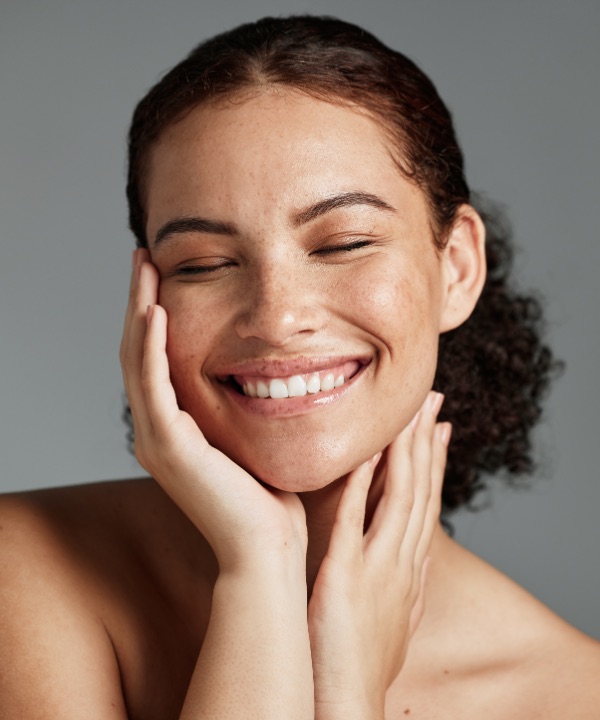
Keep Your Skin Clear with Tru-Skin Dermatology
Understanding the different types of acne and the best ways to treat them empowers you to take control of your skin health. From hormonal fluctuations to stubborn cystic acne and the itchiness of fungal acne, effective treatment options are available.
By integrating lifestyle changes, appropriate skincare products, and professional treatments, you can achieve clearer, healthier skin. At Tru-Skin Dermatology, located in Austin, Spring Branch, and various locations throughout Texas, we are dedicated to providing top-tier care and personalized treatment plans to help you meet your skincare goals. Supported by QualDerm Partners, we offer a full spectrum of dermatology and cosmetic services designed to enhance your skin’s health and appearance. Contact us online or at 888-451-0139 today to start your journey toward clearer skin and greater confidence.
Featured Products

ZO® Acne Control 10% Benzoyl Peroxide
Maximum strength acne fighting formula controls surface oil, neutralizes bacteria and prevents future breakouts. 60 mL / 2 Fl Oz.

Bright Girl Gel Facial Cleanser
Bright+Clean Gel Facial Cleanser is a pH-balanced cleanser (pH= 5.5-6.5) is designed to work with your skin’s barrier while washing away dirt, sweat, and make-up. Bright+Clean cleanses and nourishes with a subtle natural fragrance that is designed to positively reinforce consistent use. 6.7 FL OZ (200 ML)
Related Blogs
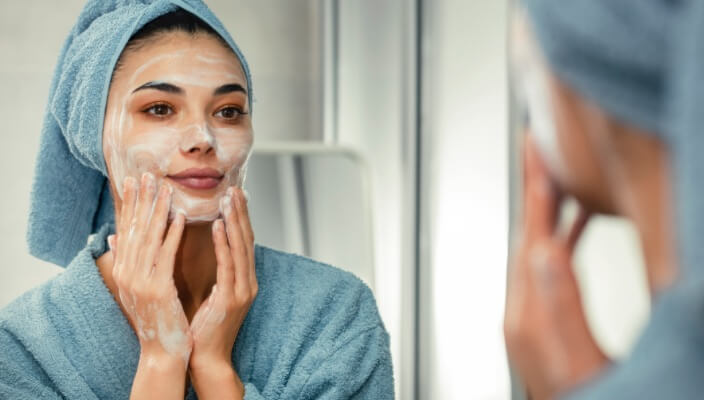
- General Dermatology
- Skin Care
A good facial cleanser is a crucial part of any skincare regimen. But not all cleansers are created equal. Are you using a facial cleanser that is tailored to your skin’s specific needs? Read this blog to learn what to look for.
Read More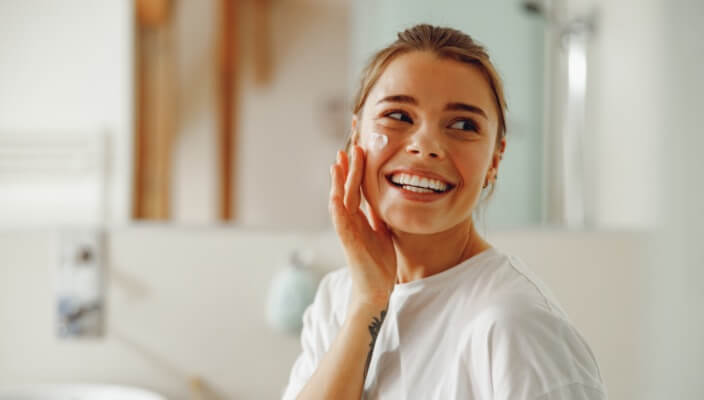
- General Dermatology
- Skin Care
Having sensitive skin can be a real challenge. In this blog post, we’ll give you some insights on how to develop an effective skincare routine for your sensitive skin, so you can keep it healthy and glowing without any irritations.
Read More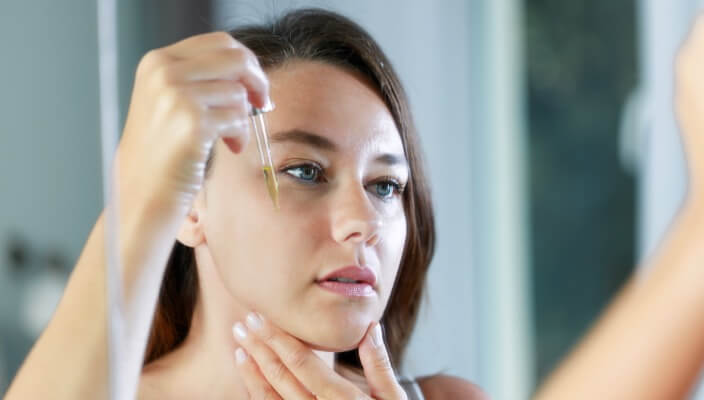
- General Dermatology
- Skin Care
In this blog post, we’ll take a closer look at the benefits of Vitamin C for skincare and explore how incorporating this ingredient into your routine can help you achieve your best skin yet.
Read More

